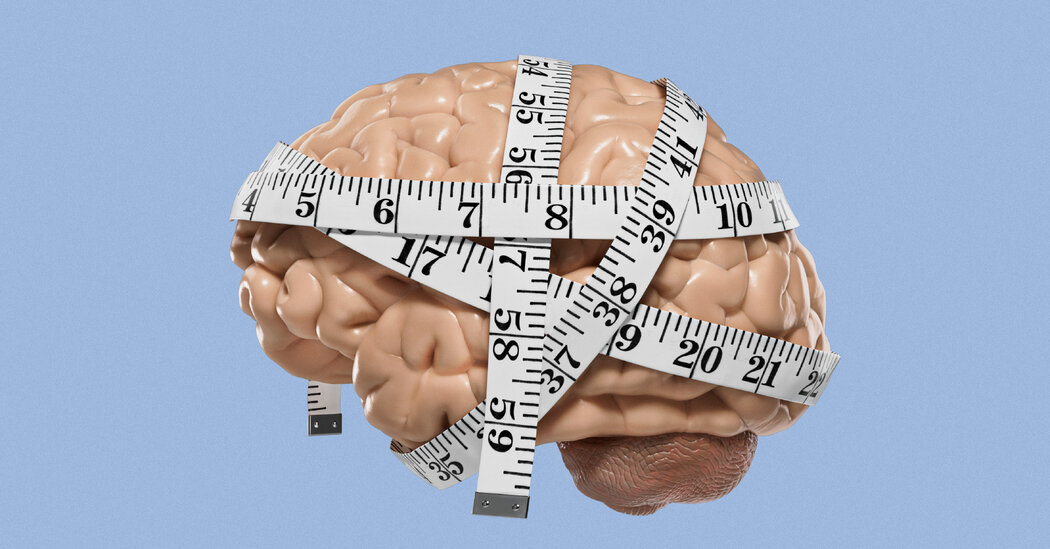
Can Improved Gut Health Help in Battling the Triple Burden of Malnutrition in India? – News18
Last Updated:
Gut Health has taken centre stage today not only because of its important role in nutrient absorption, but also because it is the largest immune organ of the human body
Among many other reasons, it has been suggested that gut bacteria could play an important role. Referred to as the forgotten organ, almost 100 trillion bacteria which weigh almost 2 kg, are found in the gut and are indispensable for its function.
Living in a country like India, which is home to one fifth of the world’s population, we cannot help but worry about the state of health and nutrition, in the country. The recent National Nutrition survey, conducted by the Ministry of Health and Family Welfare, was an eye opener. It showed that despite economic growth, during the last few years, India continues to battle with malnutrition. It is distressing to learn that almost 14% of India’s population, is undernourished. Not only that, more than 30% children under five years of age, are stunted and more than 50% children, young girls and women are anemic (nutritional deficiency of iron, other essential minerals and vitamins in the body). In addition to undernutrition, changes in diet and lifestyle have led to obesity, which is a risk factor for non-communicable diseases, like cancer, heart diseases and Type 2 diabetes. It is estimated that 19% of men and 21% of women are obese, and 73 million adults are affected by diabetes. Dr Neerja Hajela, Head of Science Department, Yakult Danone India Pvt. Ltd. shares all you need to know:
There is no quick fix to this alarming problem. It would just mean looking at health and nutrition, a little more carefully and in a holistic manner. Of course, a well-balanced wholesome diet is the answer, and the Food Safety and Standards Authority of India (FSSAI) has been stressing on its importance, through its “Eat Right Movement”. It is heartening to see that more and more people are becoming conscious of their health and focussing on nutrient intake. Expensive spends on nutrition loaded foods, have become the latest trend. However, despite the shift, India continues to grapple with the triple burden of malnutrition.
Could poor gut health be a possible reason? It is quite possible that despite consuming very high-quality food, due to poor gut health, essential nutrients are not absorbed and not made available to the body. This can result in poor growth and development – both physically and mentally. Nutrition loses its meaning, if the food that we eat is not digested properly, and the nutrients are not being absorbed effectively by the body. Therefore, along with food availability, food bioavailability is very important, and therefore Nutrition and Gut health go hand in hand, to ensure that adequate energy requirement is met from the food we eat.
So, what determines Gut Health? Among many other reasons, it has been suggested that gut bacteria could play an important role. Referred to as the forgotten organ, almost 100 trillion bacteria which weigh almost 2 kg, are found in the gut and are indispensable for its function. These microbes have the magical power of breaking down food into smaller particles, so that the nutrients can be absorbed by the body easily. These bacteria also help in maintaining a healthy gut environment, so that toxins or poisonous substances can be eliminated from the body. Not only that these microbes also ensure regular bowel movements and help in protection from digestive disorders. Poor nutrition, unhealthy lifestyle, use of antibiotics, stress and inadequate sleep can reduce the beneficial bacteria in the gut, and increase harmful disease-causing bacteria, resulting in poor gut health and weak immunity.
Among the several ways of improving gut health, probiotic foods, which are specifically designed to increase the good bacteria in the gut and keep it healthy, have gained immense importance. These are scientifically tested bacteria, that reach the gut alive to positively influence gut environment and its bacteria. Consumption of some probiotic foods help in absorption of micronutrients like calcium and iron from ingested foods. Interestingly, studies conducted on children and young women in India, showed that the iron status improved significantly by intake of a milk fortified with probiotics and prebiotics. In some cases, probiotic bacteria can produce B group vitamins, which are easily destroyed by cooking, and therefore a large proportion of the population, suffers from deficiency of this important vitamin. Probiotic vitamin B producers could help in combatting the deficiency.
Pregnant women are among the most neglected group but have the greatest nutrient requirement. Very often they suffer from digestive disorders, and are unable to maximise the benefit from food, which results in deficiency of essential nutrients like iron, zinc, folic acid and iodine. Such women often have premature and low birthweight babies. It is well established that some scientifically tested probiotics, can improve overall health during pregnancy, and could be a useful addition to diet regime.
Studies using probiotics in Indian children have shown that specific probiotics can reduce the incidence of diarrhoea and therefore prevent vitamin and mineral loss.
It is estimated that many countries will have a greater population of people above the age of 65 years, than those under the age of five years. Ageing results in gastrointestinal complications, poor digestive health and weak immunity. Studies have shown that specific probiotics can improve the health of the elderly population by reducing inflammation, increasing good bacteria and thus improving digestion and immunity.
Gut Health has taken centre stage today not only because of its important role in nutrient absorption, but also because it is the largest immune organ of the human body. Looking back at the COVID – 19 pandemics, which triggered such alarm, also showed us that immunity was a very important factor in keeping us protected. Those with stronger immunity were less affected by the pandemic, as compared to those who had weaker immunity. A deep dive shows that almost 70% of the body’s immune system, is in the gut, which also plays an important role in keeping us protected. Not only that it houses the enteric nervous system with 500 million neurons, which is why it is also referred to as the second brain of the human body. Almost 2/3rd of the neurotransmitters which are produced in the gut, are influenced by the kind of bacteria found there. Therefore, directly or indirectly the gut is also linked to the brain and may influence mood, depression and anxiety.
In line with what the Greek Physician Hippocrates, and our very own Ayurveda has taught us, death sits in the bowel and a bad digestion is the root of all evil. Maintaining a healthy gut to maximise nutrient absorption, strengthen immunity and reduce risk of infections, could be yet another way, to overcome the malnutrition epidemic in India.










